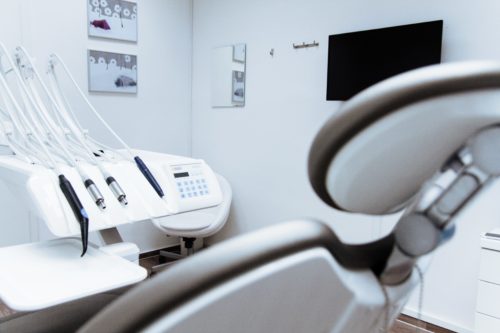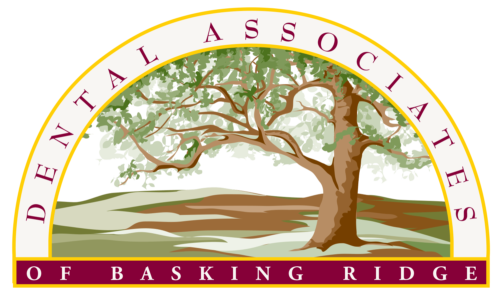
It is common for dentists to administer oral sedation to keep their patients comfortable and safe during dental operations and procedures. Patients may have dental anxiety which causes them to move while the dentist is operating with sharp tools. This could result in injury to either the patient or the dentist. To allow the dentist to successfully operate on a patient they use oral sedation. Essentially, oral sedation is when a dentist uses sedative drugs to alleviate patients’ anxiety as well as facilitate the operation. If you have dental anxiety or are undergoing a procedure that will take a substantial amount of time, contact a qualified general dentistry, dentists located in Basking Ridge & Morristown, NJ who can help keep you informed on the benefits of using oral sedation to treat patients.
What do dentists typically use for oral sedation?
As mentioned above, dentists use oral sedation to reduce patients discomfort and anxiety as well as keep patients safe from injury during long dentistry procedures. Typically, dentists will use nitrous oxide because it is one of the least invasive oral sedation options. Nitrous oxide is a laughing gas used for dental anesthesia. Dentists use nitrous oxide because it reduces patients’ pain after a dental operation. Another sedative agent dentists may use is intravenous (IV). IV sedation is commonly chosen by dentists and patients for dental surgical operations. Typically, IV sedation allows patients to remain verbal, however, they will not feel pain when they are being operated on. Dentists can either opt to use a gas or pills to sedate their patients for operations. Furthermore, dentists may use trizolam, zaleplon, lidocane, articaine, prilocaine, mepivacine, bupivacine, and lorazepam. For pediatric oral sedation, dentists commonly use oral syrups such as midazolam. Patients do not need to worry about these drugs harming them. These are all perfectly safe sedative agents. Patients shouldn’t worry if they experience side effects such as drowsiness, nausea, headache, dry mouth, and vomiting.
What dental procedures may require sedation?
Some of the most common dental procedures that dentists use oral sedation for include:
- Wisdom teeth removal
- Tooth extraction
- Root canals
- Tooth infections
- Dry sockets
- Dental implants
The above dental procedures could require dentists to use sedative agents due to the lengthy procedure. It is extremely common for patients to experience dental anxiety. Around 40% of people in the U.S. have dentophobia, which is a fear of the dentist. This fear prevents individuals from keeping up with their dental hygiene and having necessary dental operations to maintain their overall oral health. However, oral sedative agents can help alleviate individuals’ fears of visiting the dentist as they reduce patients’ stress and make them feel more comfortable. It is extremely important for individuals to regularly see their dentist to keep up with their oral health.
If you need a dental operation that requires oral sedation, please don’t hesitate to reach out to one of our general dentists who can extend their knowledge about dental sedation agents to ease patients’ anxieties.






